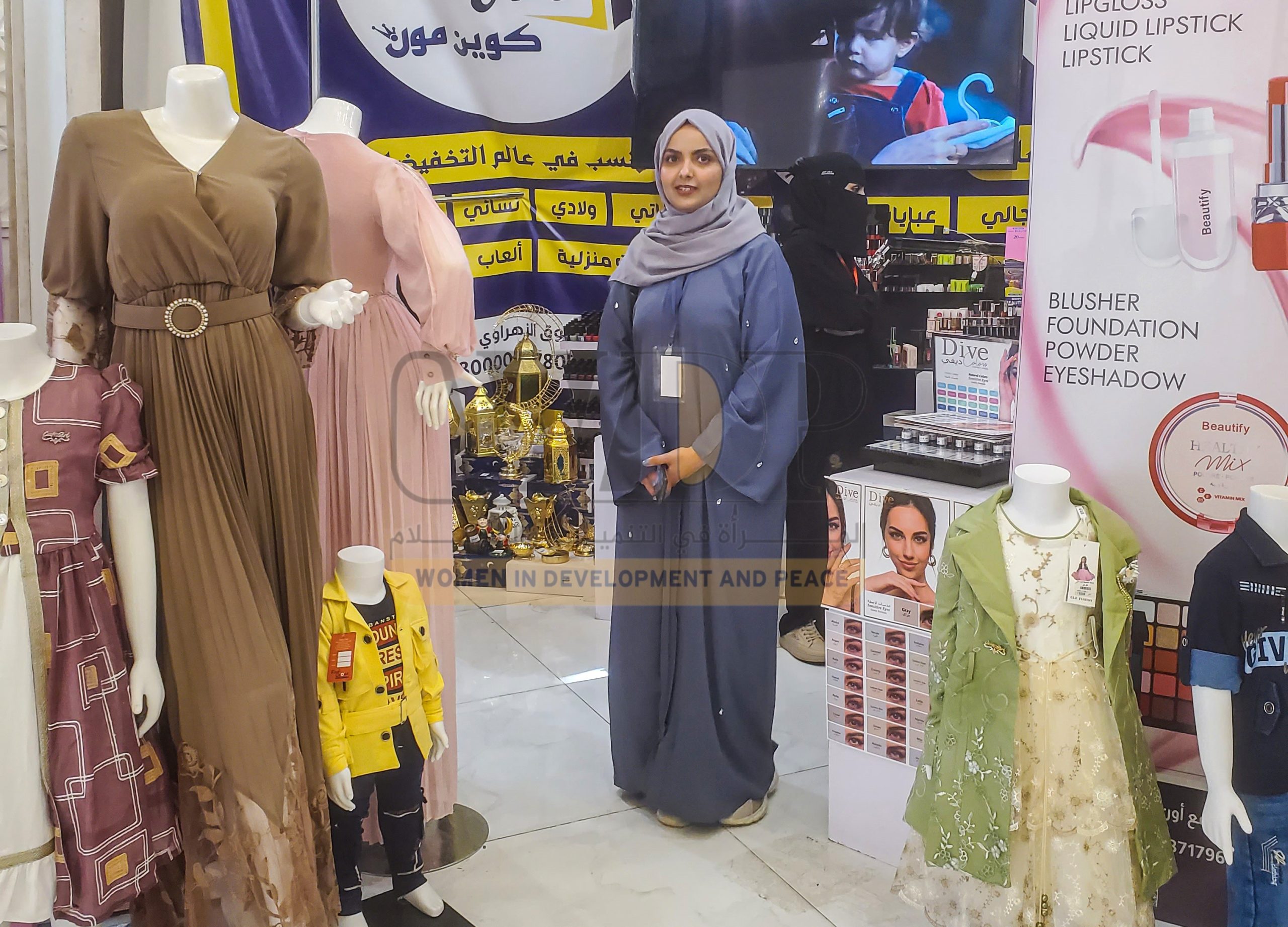Women in Development and Peace – Afrah Borji
Yemeni woman plays a significant role in sustainable development and economic empowerment in Yemen. Rural women are the backbone of the agricultural sector, participating in all stages of production from farming to harvesting and sales. They contribute to ensuring food security for their families and communities. In urban areas, women have small and medium-sized projects across various sectors, contributing to economic diversification, creating new job opportunities, and driving economic development.
A report by the United Nations Development Program (UNDP) titled ‘Yemeni Women: Leading Towards the Future’ highlights the stories of many Yemeni women who have demonstrated their strength and determination in facing challenges. It instills hope once again for all Yemeni women to enhance their roles in sustainable development and economic empowerment, especially in these exceptional circumstances the country is going through.
The United Nations Development Program report titled ‘Assessing the Impact of Conflict in Yemen: Pathways to Recovery’ emphasizes the importance of empowering women in the labor market as a key factor for achieving strong and sustainable economic recovery in Yemen. It also highlights significant gains in the cumulative Gross Domestic Product (GDP), which could reach up to $12.5 billion by 2030 and $270 billion by 2050.
The United Nations Development Program report titled ‘Yemeni Women: Leading Towards the Future’ highlights that in 2021, the UNDP provided immediate income opportunities for over 5,900 Yemeni women through cash-for-work programs. Additionally, more than 1,200 women received small grants to establish or develop their own small projects. Furthermore, over 1,700 women acquired new skills through diverse training programs.
According to the UNDP report, Yemeni women play a crucial role in economic empowerment, and their projects contribute to preserving the national economy and sustainable development.”
Achievements Despite the Conflict
A report issued by “Voice of Hope” newspaper titled “Businesswomen in Yemen: The Future of Major Investments” added that there are businesswomen whose role is praised for their achievements and stability in Yemeni society. “Ahlam Al-Duba’i” is the owner of the “Car Care” exhibition and is one of those leaders in the world of finance and business. She stated to the newspaper that despite the difficult circumstances that Yemen is currently facing, Yemeni women have been able to create something great and influential from their simple capabilities.
The report also mentioned the beginning of the Yemeni businesswoman “Kalthoom Al-Nawasri”, whose career in the field of trade started in Kenya with the encouragement of her husband and family. She has a trading company that works on importing and exporting wood, and she has a long experience in the pioneering commercial field, serving as an inspiration for many Yemeni businesswomen.
Statistics
A study titled “The Reality of Economic Empowerment of Yemeni Women in the Field of Small Projects”, conducted by the Yemeni Women’s Union, indicated the diversity in the projects implemented by businesswomen in Yemen. The study showed a growth rate of 16.2% for projects implemented during the year 2020, compared to 2019. Small projects in the industrial sector had the highest level at 67.2%, with sewing projects being the largest crafts projects implemented at 30.8%.
In the same context, a journalistic report titled “Yemeni Women Leading in Entrepreneurship at the Arab Level” in 2022 mentioned that the total number of businesswomen in Yemen visiting the General Union of Chambers of Commerce and Industry in Sana’a reached approximately 1886 businesswomen. The participation rate of Yemeni women in various commercial businesses was around 45%.
According to economic experts, several scientific steps contribute to the economic empowerment of women, such as providing education and training opportunities to enhance their skills and experiences, making them more competitive in the job market, creating a safe and supportive work environment for women, and supporting and encouraging them to develop their own projects that serve the national economy in such conditions.

